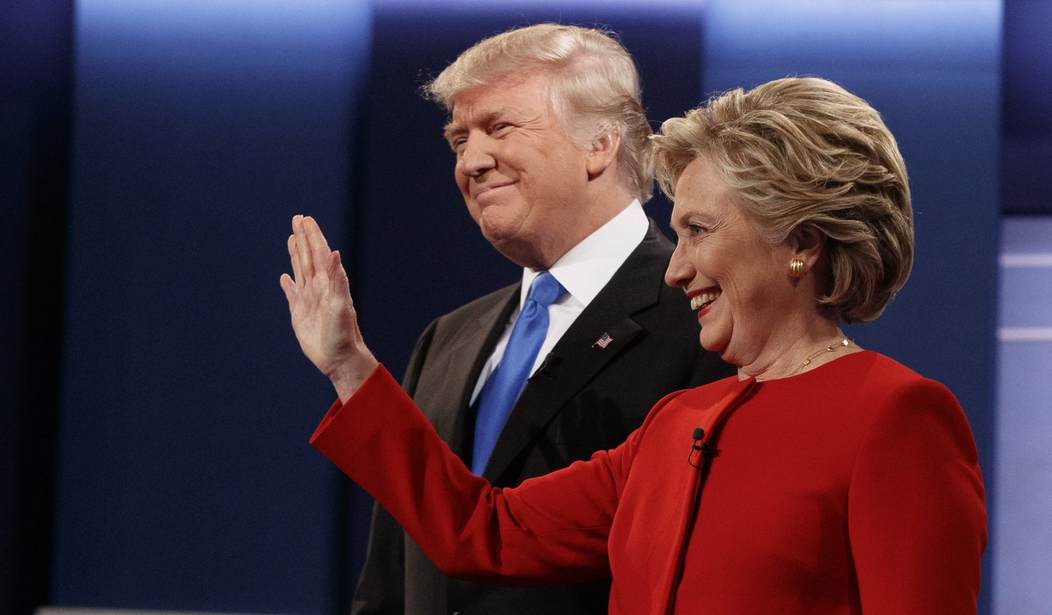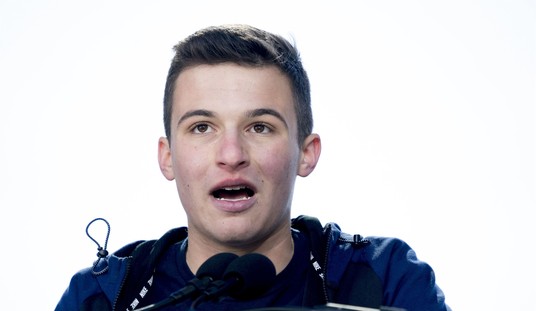[No spoilers]
As a professional storyteller, I think a lot about why some stories don’t work. You can learn as much — actually more — from failure than you can from success.
I found the recent movie The Girl on the Train a disappointment — all the more so because I enjoyed the book so much. The novel by Paula Hawkins was an excellent addition to the new Hitchcockian “Girl” thrillers that have been selling so well (Gone Girl, The Good Girl, Before I Go to Sleep, and so on). It told the tale of a London commuter who constructs a fantasy life for a woman she sees from her train window — and then becomes over-involved when the object of her fantasies disappears.
There are many reasons why the novel worked and the movie didn’t, but one of them is this: the movie had a heroine.
One of the things I liked best about the novel was that everyone in it was dreadfully flawed. The villain was truly villainous but the villainy filled a villain-shaped hole created by the poor behaviors and skewed expectations of all the other people in the story. It’s not that the victims were to blame for the evil — evildoers are to blame for the evil they do — but they were involved in it, they were party to it. Like a woman who gets drunk at a frat party or a man who walks down a dark alley at three in the morning, each of the novel’s characters was flirting with the devil.
While the film stayed true to the book’s plot, it lost the book’s complexity. This may just have been the fault of the condensed movie form (I thought the book would have made a better mini-series). And it may have simply been that once you focus a camera on a star like Emily Blunt, she instantly becomes the “heroine” rather than the protagonist.
But it might also have been the nature of the American audience for which the movie was clearly rejiggered. Americans don’t go in much for complexity. They like their heroes heroic, and their villains villainous. As the old Hollywood adage goes: “The lead character in a movie must either give money to a beggar or kick a dog within the first five minutes so the audience knows where it’s at.”
All of this comes to mind after a week of October idiocy in which our corrupt media has once again constructed an election narrative around things that don’t matter a damn. The latest debate featured question after question about absolute nothingness: Trump’s vulgarity and whether the candidates were good role models for children (Pfft! Are you kidding? Let’s move on) and what the president should do to protect the feelings of a Muslim woman who feels put upon because people don’t like getting blown up for Allah and whether Donald Trump pays more taxes than he absolutely has to just like no one else in America ever.
Because while American journalists may be corrupt Democrat party hacks, they know their audience: they know that Americans are looking for a good-guy-versus-bad-guy narrative just like at the movies. This was how they undermined a genuinely decent person like Mitt Romney. Forget that his policies were clearly more intelligent and useful than his opponent’s. He put a dog on top of a car! He stuffed women into binders! He bullied a kid in high school! It’s hard to believe anyone fell for that garbage, but they did.
In this year’s race, however, there is nary a good guy in sight. A dishonest left-winger with authoritarian tendencies is running against Hillary Clinton, also a dishonest left-winger with authoritarian tendencies. On top of which, they both seem like absolutely dreadful human beings when they’re at home.
In one sense, this gives the media an advantage. This time, when they gang up unfairly on the Republican, at least they’re telling the truth.
But in another sense, the shabbiness of the candidates should give us some clarity. We know there are no heroes here, no saviors. He won’t make America great again; she won’t make us stronger together. So instead of paying attention to media distraction, we can just ask ourselves: what will these awful people do once they’re in office and how will that hurt or help our lives and our country?
Forget the nonsense. This isn’t the movies. Answer the important questions the media won’t ask, then take your pick.
For more commentary, listen to my podcast here.









Join the conversation as a VIP Member